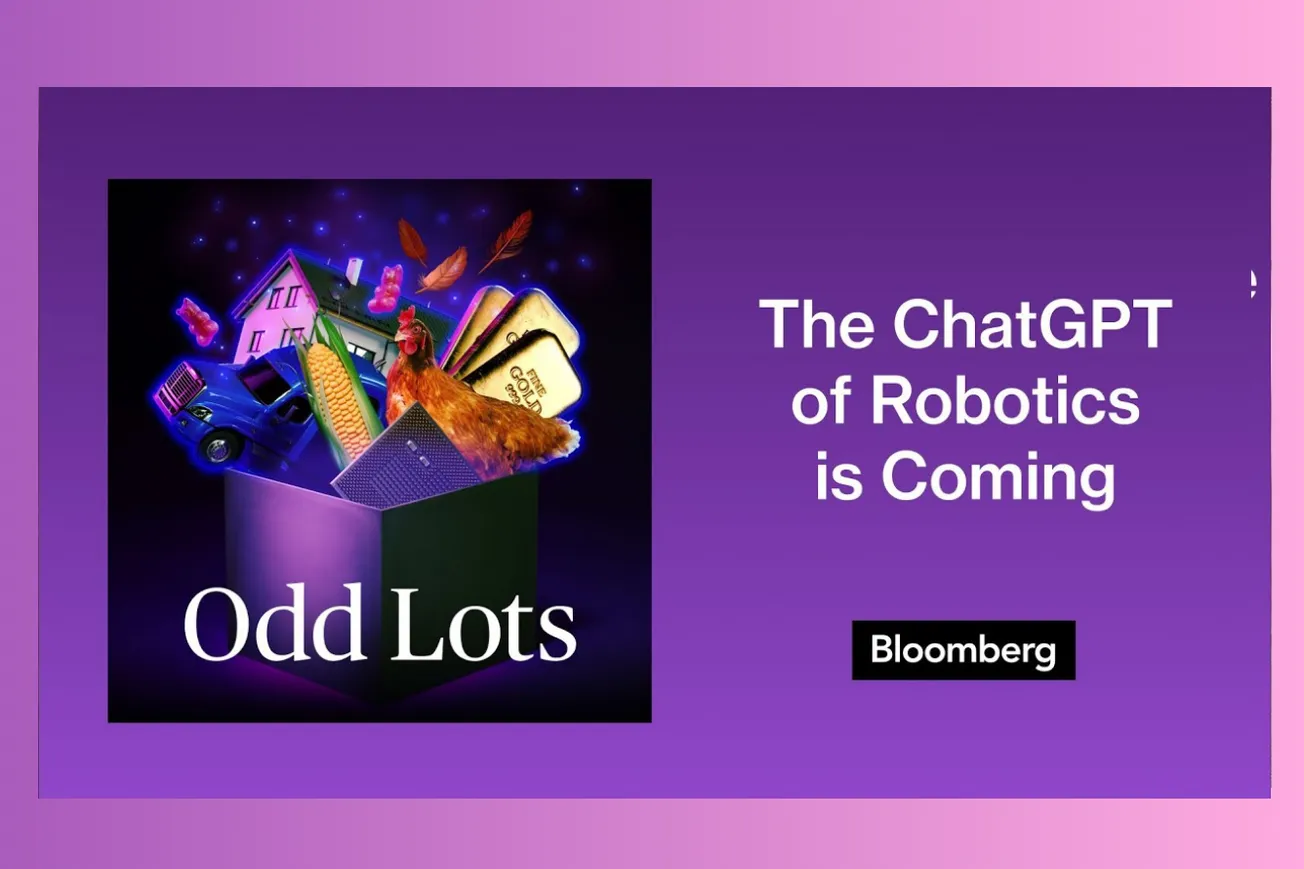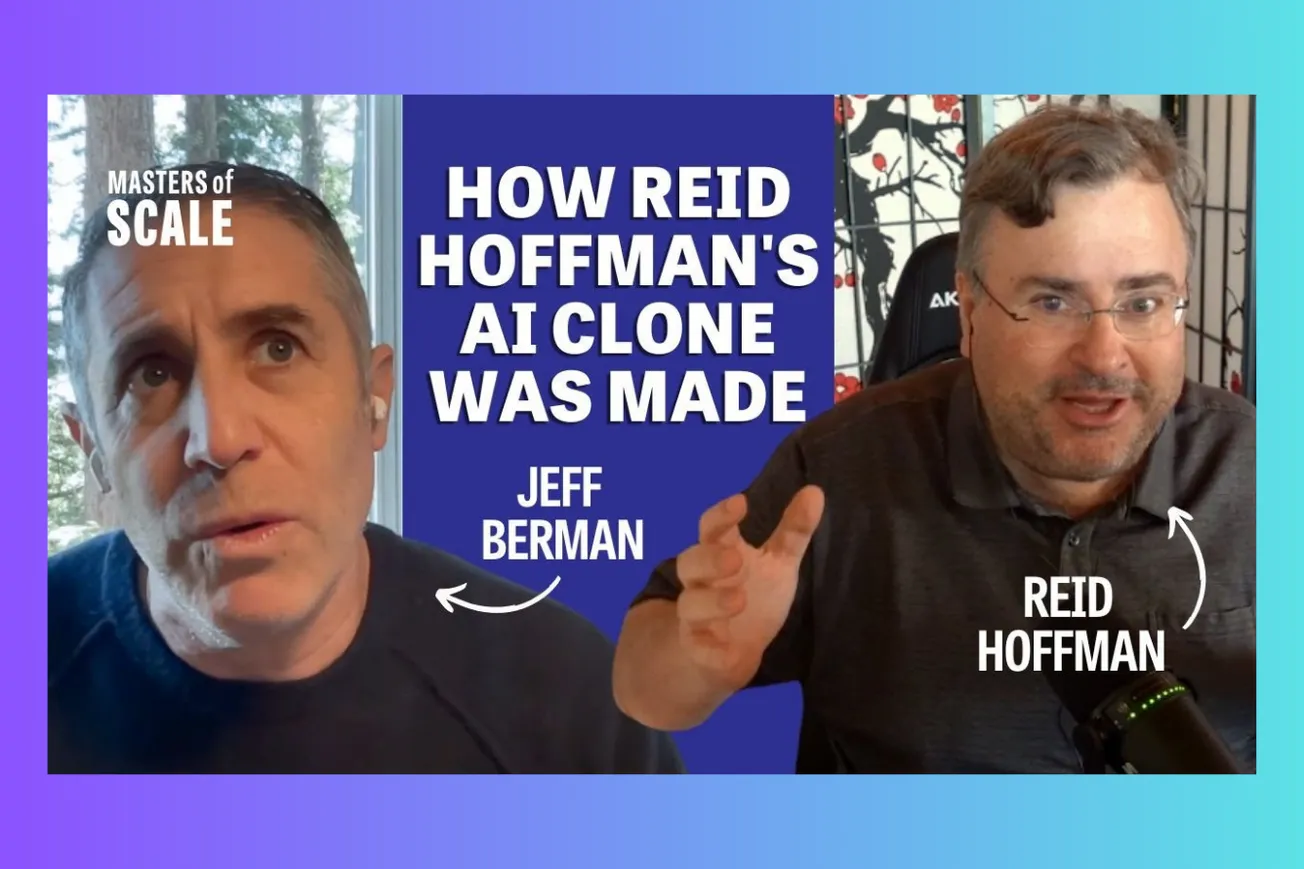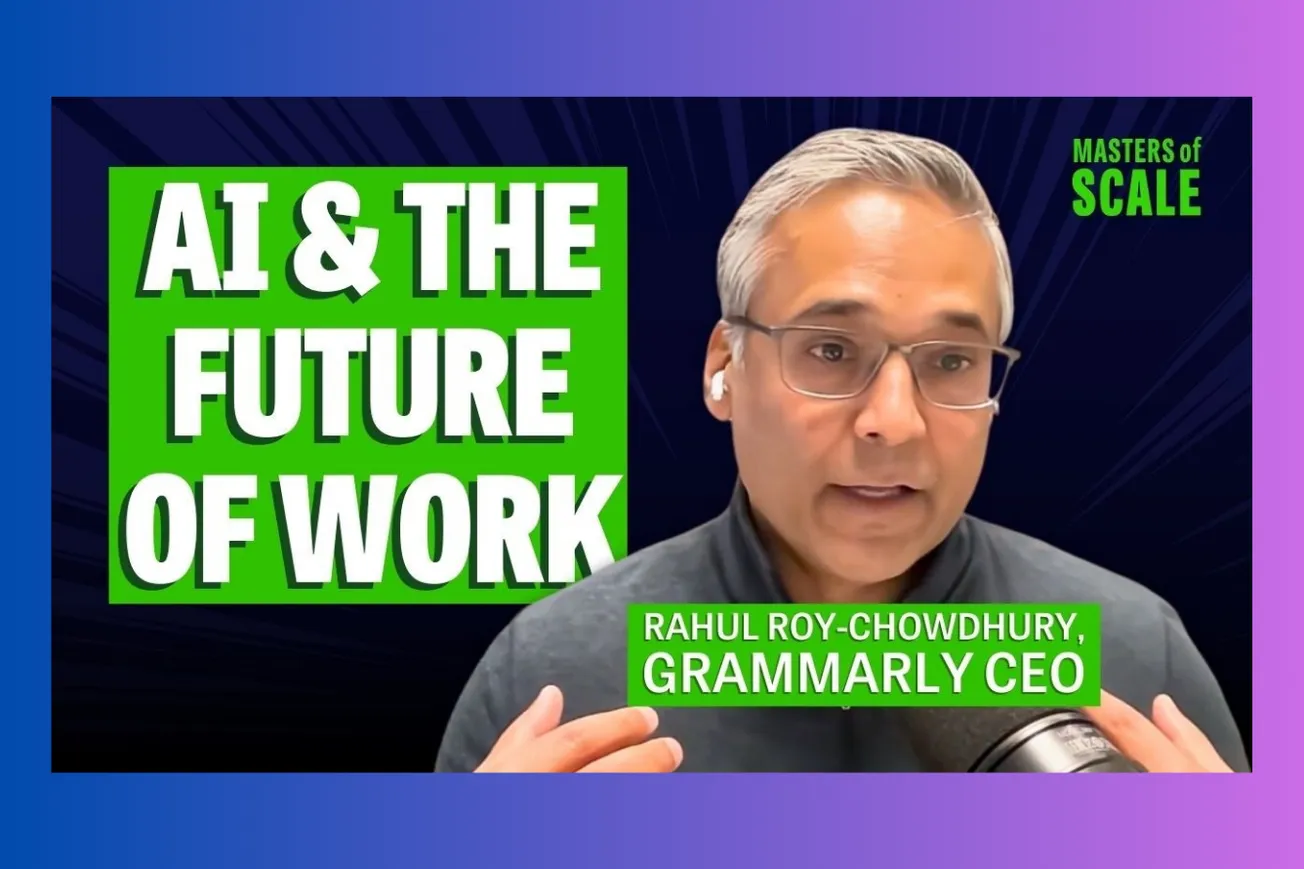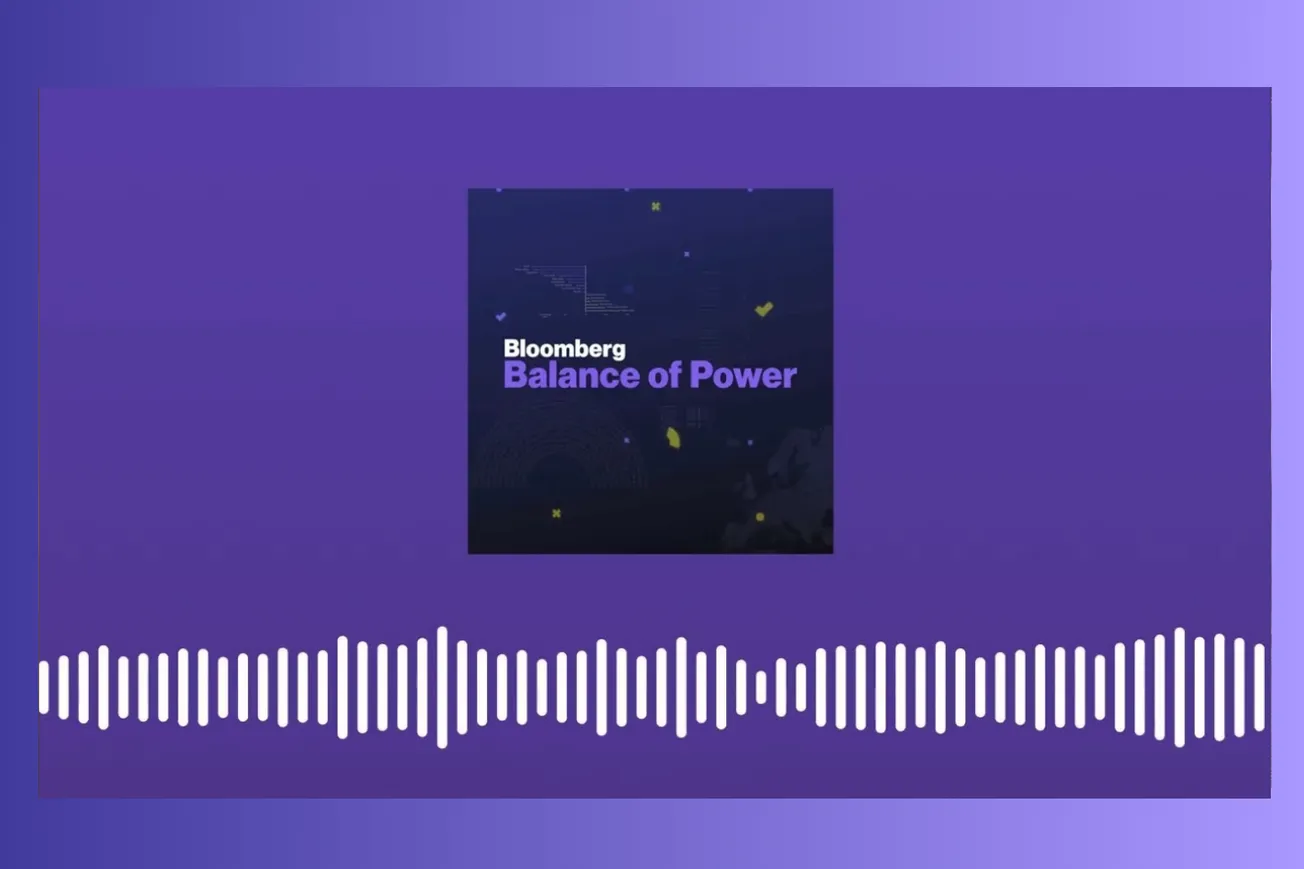Table of Contents
Splice boosts its AI music creation capabilities by acquiring Spitfire Audio and its premium orchestral sound library for ~$50M. This deal merges Splice's sample platform with Spitfire's high-end sounds and tech, signaling major growth in AI-assisted music tools for creators of all levels.
Key Takeaways
- Splice acquires UK's Spitfire Audio for ~$50M, expanding its sound library and technology portfolio significantly.
- The deal combines Splice's sample platform with Spitfire's high-end orchestral sounds used in major films and songs.
- Splice, backed by Goldman Sachs, aims to integrate Spitfire's assets into its AI-driven music creation tools.
- The company sees AI assisting artists, enabling novel sound creation rather than fully automated song generation.
- This acquisition reflects the growing trend of accessible, sophisticated music production tools for bedroom producers and pros.
- Splice boasts over $100M annual revenue and 600k subscribers, indicating strong market demand for its services.
- Hit songs like Sabrina Carpenter's "Espresso" utilize samples readily available from Splice's extensive library.
The Acquisition: Splice Buys Spitfire Audio
- Music creation platform Splice has acquired London-based Spitfire Audio, renowned for its high-quality digital orchestral sounds, in a deal valued at approximately $50 million, significantly enhancing its position in the music tech landscape and reflecting a strong bet on AI music-making.
- Spitfire Audio brings a deep and prestigious library of digital sounds, including premium sample packs like a $299 drum kit recorded by composer Hans Zimmer, with sounds frequently utilized by top artists like Radiohead and featured in acclaimed film scores such as Moonlight.
- Splice CEO Kakul Srivastava emphasized the strategic value of Spitfire's assets, highlighting its "super-high-end, incredibly luxurious rich sounds" recorded with esteemed groups like the BBC Symphony Orchestra, alongside its underlying audio technology and talented team.
- This acquisition enables Splice, a profitable company with over $100 million in annual revenue and 600,000 paying subscribers, to integrate Spitfire's respected orchestral sound palette into its existing platform and future AI-driven tools.
The Rise of Accessible Music Creation Tools
- Platforms such as Splice and Spitfire Audio exemplify the changing nature of music production, catering to a wide spectrum of creators from novices to seasoned professionals by offering sophisticated tools and sounds accessible outside traditional studio environments.
- Splice provides a vast library containing millions of short audio samples – vocal hooks, drum beats, guitar riffs – often just a few seconds long, which users can loop and layer to build complex songs, accessible via subscription models (starting as low as $13 referenced).
- The rapid growth of these platforms signifies a major shift, empowering anyone with a computer to create music from their bedroom using tools that rival professional setups, democratizing the music creation process.
- The influence of these sample libraries is evident in mainstream music, with several chart-topping hits incorporating sounds sourced directly from Splice:
- Sabrina Carpenter's hit "Espresso" utilized a specific guitar loop and drum sounds created by Vaughn Oliver, a popular sample creator on Splice.
- Other successful tracks, including Doja Cat's "Say So" and Playboi Carti's "OPM Babi", have also leveraged Splice samples in their production.
Splice's Vision for AI in Music Creation
- Splice is actively integrating artificial intelligence into its platform, positioning AI as a tool to augment artist creativity rather than replace it, focusing on enhancing the workflow through intelligent sample suggestions.
- AI algorithms can analyze user needs based on genre, mood, or even musical ideas hummed into a mobile phone.
- This aims to help musicians discover relevant sounds within Splice's vast library more efficiently.
- CEO Kakul Srivastava explicitly contrasts Splice's approach with simplistic prompt-based AI song generators, stating, "Most musicians do not want to make music that way." The focus remains on providing tools that maintain creative control for the artist.
- The company envisions AI enabling musicians to push creative boundaries, suggesting possibilities like merging different instrument sounds from the combined Splice and Spitfire libraries to "invent your own instrument" and create entirely novel sonic textures.
- Investor Matt Pincus characterized the recent surge in Splice's growth due to AI features as "explosive," describing the current market dynamics as a "land grab" in the developing AI music technology space.
- Importantly, Splice emphasizes that all sounds on its platform are initially created by humans; the company collaborates with in-house artists and sources unique sounds globally (e.g., funk from São Paulo, K-pop from Seoul), compensating these creators through a percentage of subscription revenue.
Market Context and Future Outlook
- Splice's substantial growth, evidenced by its $100M+ annual revenue, 600,000 subscribers, and a nearly $500 million valuation in its 2021 funding round led by Goldman Sachs and MUSIC, highlights the significant market demand for accessible music creation solutions.
- The acquisition of Spitfire Audio is a strategic move that equips Splice not just with premium orchestral content but also with sophisticated audio technology and specialized talent, crucial for advancing its platform capabilities.
- By aiming to blend Spitfire's high-fidelity sounds with its AI-powered discovery engine, Splice seeks to offer creators innovative tools that bridge traditional composition techniques with modern, sample-based workflows.
- This integration promises to expand the creative toolkit available to musicians, potentially redefining parts of the music creation process by leveraging AI to unlock new combinations of sounds and ideas while keeping human artists firmly in control.
Splice's acquisition of Spitfire Audio strategically combines a popular sample platform with high-end orchestral sounds, bolstering its AI-driven tools for music creators. This move signals a future where AI enhances human artistry, enabling novel sound design and expanding creative possibilities in music production.








